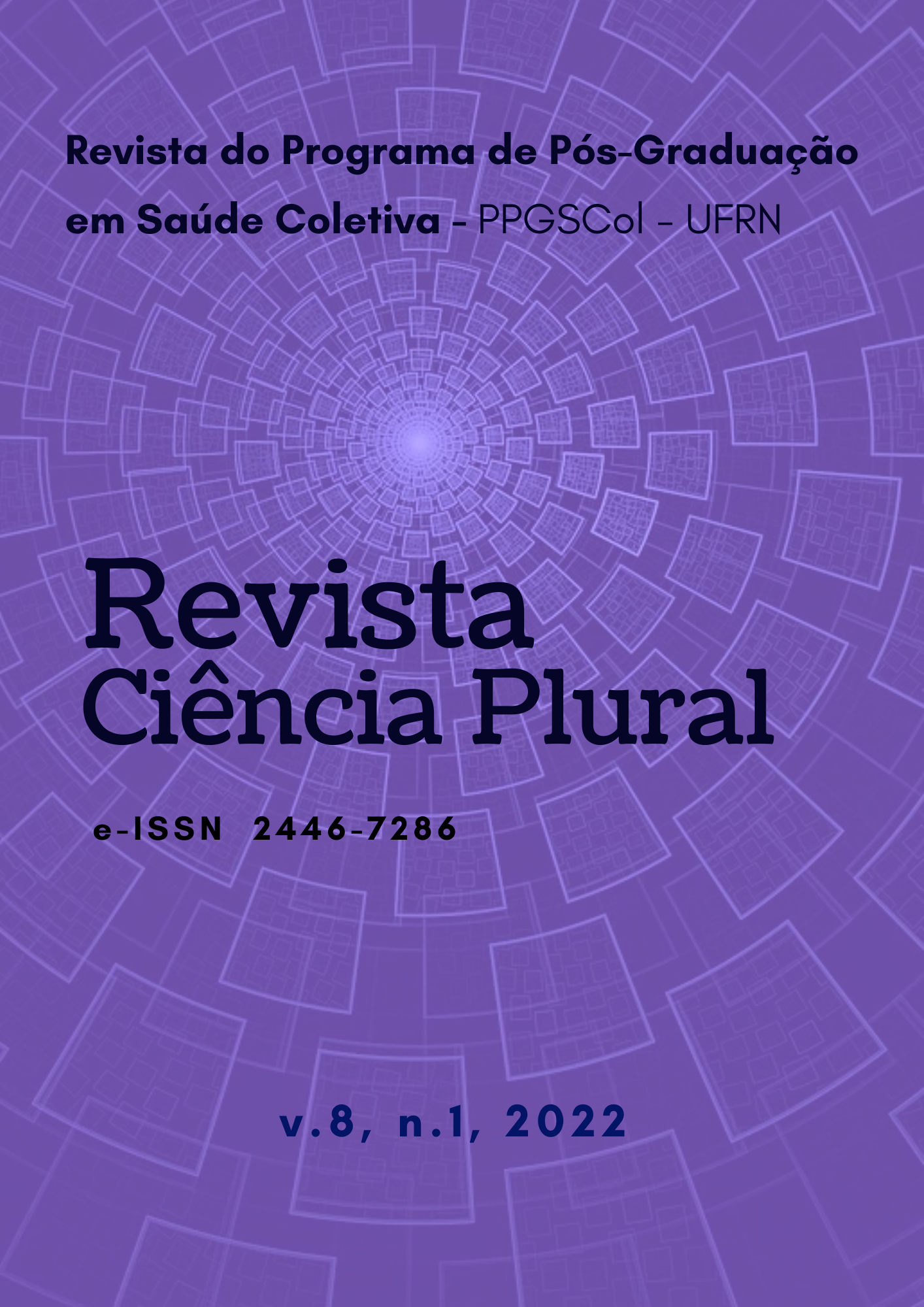Clinical-epidemiological aspects of gestational syphilis in northeast Brazil
DOI:
https://doi.org/10.21680/2446-7286.2022v8n1ID22522Abstract
Introduction: Syphilis is one of the most globally impacted communicable infections. When it affects a pregnant woman, it is called gestational syphilis, which can cause serious fetal results and also congenital syphilis, which has been one of the main factors responsible for the high burden of morbidity and mortality of newborns. Because of this, gestational syphilis has attracted worldwide actions in order to fight it, however, despite efforts, there is a persistent increase, year after year, of this infection, mainly in Northeast Brazil. Objective: To analyze the epidemiological profile of gestational syphilis in Northeastern Brazil, between the years 2014 and 2018. Methodology: Descriptive, cross-sectional study, carried out using secondary data from confirmed cases of syphilis in pregnant women between the years 2014 to 2018, in all states in the Northeast of Brazil. The investigated variables refer to the maternal sociodemographic profile (age, education and color / race), gestational age and the clinical classification of syphilis. Results: During the investigated period 41,605 cases of syphilis were reported in pregnant women, with a significant increase of almost 287% from 2014 (5,137 cases) to 2018 (14,507 cases). Among the Northeastern states, the numbers were more alarming, respectively, in: Bahia, Pernambuco, Ceará and Maranhão. Among the cases, there was a predominance of mothers aged 20 to 29 years, with incomplete elementary education, of mixed race and diagnosed in the 3rd trimester with primary syphilis. Conclusions: The study demonstrated that the cases of syphilis grew gradually, which indicates the need for early interventions both in the screening and in the treatment of pregnant women and their partners, in order to minimize the cases of congenital syphilis.
Downloads
Downloads
Published
How to Cite
Issue
Section
License
À Revista Ciência Plural ficam reservados os direitos autorais referente a todos os artigos publicados.

 Português (Brasil)
Português (Brasil) English
English Español (España)
Español (España)













